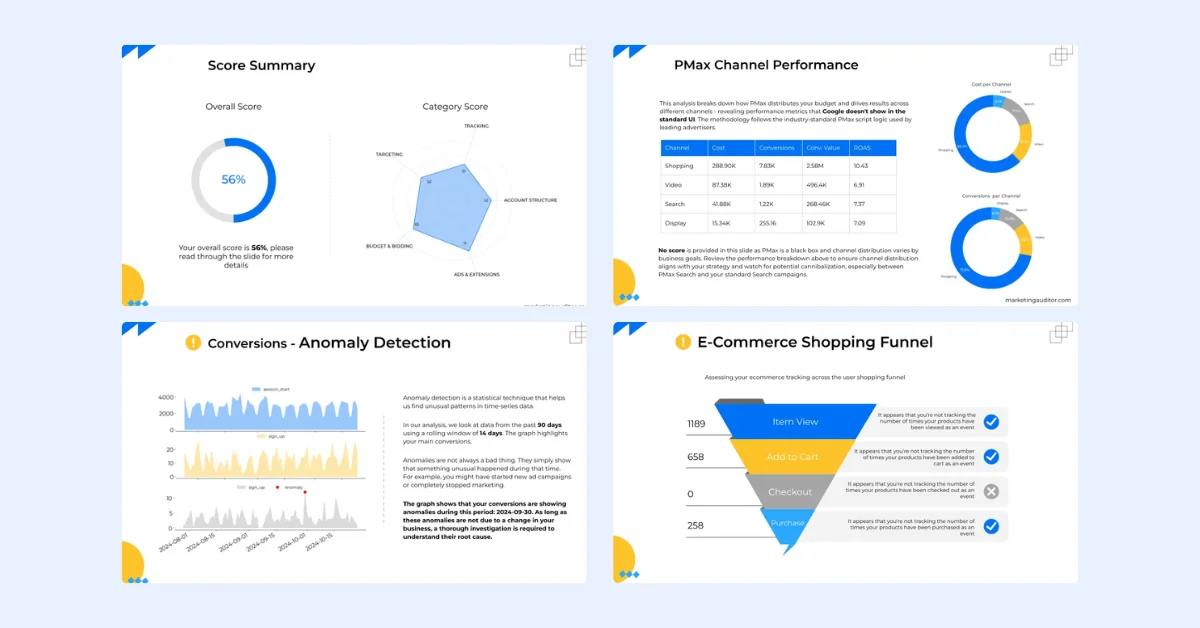Google's E-A-T (expertise, authoritativeness, trustworthiness) is essential for content, content creators, and host websites. Building and maintaining author-level E-A-T at scale is challenging and requires personal motivation, dedication to a topic, and maintaining a good reputation. Brands cannot easily create such a reputation for their authors without the author's involvement.
Google uses author E-A-T as a signal for visibility and indexing, helping it allocate resources efficiently and focus on quality content from credible sources. Google uses the Google Knowledge Graph and knowledge panel to assess an entity's relevance.
Building author E-A-T requires a clear digital footprint that confirms the author's legitimacy and notability.
This includes comprehensive author biographies, active social profiles, topical credentials, and third-party evidence like additional author profiles, press coverage, directory listings, podcast or webinar presence, speaker profiles, books authored, awards, associations, accreditations, and Google searches.

However, brands often struggle with execution due to constraints. Brands can support key personnel to establish reputations but can only demonstrate existing E-A-T for the rest. Buying expertise may be more effective for many brands than trying to build it.
Brands should prioritize hiring subject matter experts and training them to be content creators.
The proper role of brands in author E-A-T is to find expertise, enable growth, and connect the dots. This approach leverages the power of the author's influence on a topic while bolstering the brand's credibility through association.



















